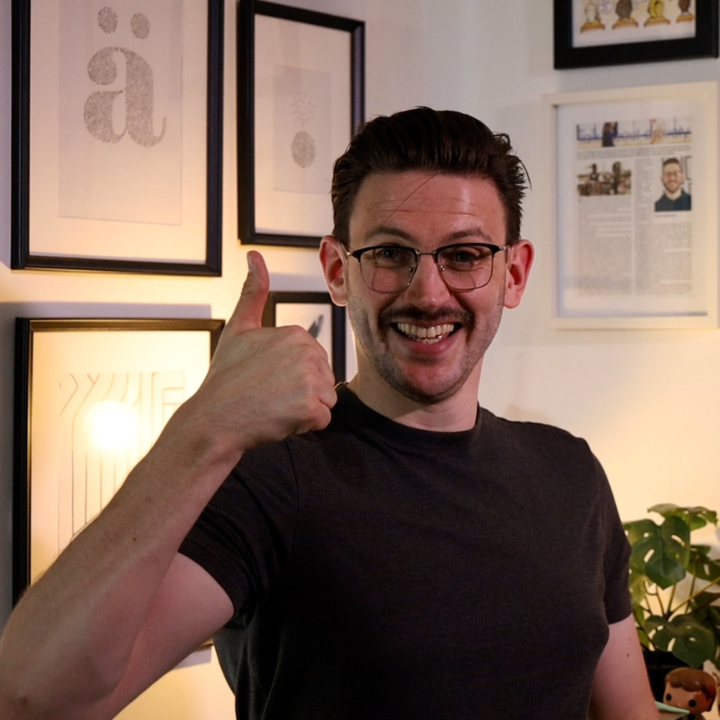Should You Have Incentives for Safety Reporting?

Overview
Too often, workplace safety is reduced to numbers and tick-boxes. Nevertheless, behind every incident is a human being. Steve Kirby, a former demolition and construction worker, shares his story of a workplace explosion, near-death experience, and the emotional scars that followed.
From silence around safety failures to mishandled mental health, Steve’s story reveals one key truth. We must stop rewarding the absence of incidents and start rewarding the courage to speak up.
Should You Have Incentives for Safety Reporting?
Steve Kirby was a skilled 360 operator working on a large petrochemical site. One cold January afternoon, he was helping pressure-test a section of pipework. Something didn’t feel right. It was leaking again and again. However, the site manager insisted, “Carry on, it’s safe.”
Minutes later, the pipe exploded.
Steve was thrown into freezing water, trapped, confused, and nearly drowned. He described it as being in a “washing machine,” totally disoriented, sure he was going to die. When he finally came to, people were shouting at him to breathe, his face grey, lips blue.
Physically battered but alive, Steve had no idea what was coming next.
The Hidden Injury – Mental Health
Despite his injuries, Steve was expected to be back at work the next day. The company didn’t call an ambulance, didn’t report the incident properly, and never gave him mental health support.
It wasn’t until 12 weeks later, after panic attacks, drinking, and pushing away his own children, that a doctor finally diagnosed Steve with PTSD, anxiety, and depression.
He had fallen into a dark place. The flashbacks, shame, and fear nearly cost him everything.
The Turning Point
After being told “we can’t help you” by a mental health nurse, Steve hit rock bottom. Instead of giving up, he started learning. He studied psychology, coaching, and hypnotherapy. Slowly, he reframed his trauma. He realised. If he hadn’t gone into that trench, someone else might have died.
Today, he uses his story to teach others. He’s the founder of SK Life Coach UK, helping people grow confidence, overcome trauma, and speak out about safety.
The Bigger Problem – Safety Culture
What’s most shocking? Steve’s incident was never reported to the Health and Safety Executive (HSE). Despite being off work for six months and suffering traumatic injuries, his accident was marked only as a “minor injury” on an internal form.
Why? Reporting a RIDDOR incident would have cost the company money and work hours and potentially jeopardised senior managers’ bonuses.
Steve was told:
“Make sure you’re on site tomorrow.”
This wasn’t an oversight. It was a cover-up.
What Needs to Change?
Steve’s story highlights key problems many workplaces face today:
1-Rewarding Zero-Incident Records
Companies offer bonuses or praise for having “no accidents”, which pressures workers to hide injuries.
2-Mental Health is Still a Taboo
Workers are scared to speak up about mental health in case it affects their jobs.
3-Training & Competence Gaps
Steve thought he was experienced, but he and his team had no training on how to pressure test pipework safely.
4-Lack of Reporting Hurts Everyone
If Steve’s story had been reported, another worker who died in a similar incident three months later may have been saved.
Stop Rewarding Silence
When companies give prizes or recognition for “no incidents,” they accidentally encourage people to say nothing, even when something goes wrong.
Instead, reward honest reporting, speaking up, and addressing small problems before they escalate into bigger ones.
Final Thought
At Risk Fluent, we believe safety includes more than paperwork. It also includes people. Steve’s story is a wake-up call to rethink how we define and measure safety.
It’s time we stopped measuring success by silence and started measuring it by how safe and supported people actually feel.
Want Steve to Speak at Your Company?
Steve travels across the UK, sharing his story with teams in various sectors, including construction, manufacturing, offices, and more. He helps teams understand safety and mental health from the ground up.
Visit www.sklifecoachuk.com.
Follow SK Life Coach UK on LinkedIn and all socials.
Let’s not wait for another near-fatal accident to start listening.
Let’s build safety cultures where reporting is respected and mental health is supported.
Ready to talk?
Let’s get together on a call to see where we can support you and add value to your business with structured health & safety consulting.
Let’s talk
For a quote, complete the form below and arrange a discovery call where we can chat though your requirements.

Has over 12 years of experience in safety and fire across various industries like healthcare, housing, and manufacturing. As the Managing Director at Risk Fluent and host of the “Rebranding Safety” podcast and YouTube channel, he is committed to making safety discussions engaging. James’s innovative approach and dedication to rebranding safety have made him a respected figure in the field.





